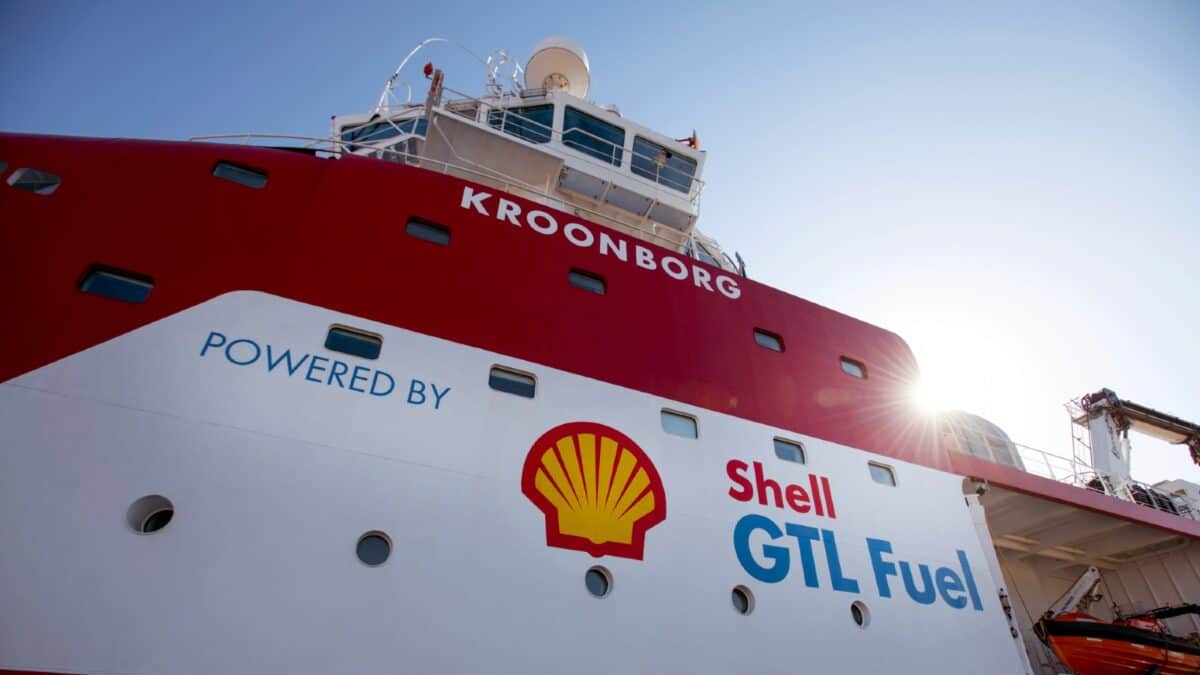Image source: easyJet plc
The easyJet (LSE: EZJ) share price climbed 9% in September, having been up 14% a few days before the end of the month. But how quickly things can change.
Harold Wilson is credited with saying that “a week is a long time in politics“. But how about 30 minutes in the stock market?
That’s about all it took from the first news of Iran’s planned missile strike on Israel, to the share price falling 5.3% from its intraday high.
Quick reverse
At the time of writing, easyJet shares are down a further 2.8% from Tuesday’s close. And International Consolidates Airlines, which had been having a better year, has plunged 8% since Tuesday’s high.
The sell-off seems to be all about oil.
So far, the Brent crude oil benchmark price is up 5.6% since close on Monday, at $75.50 a barrel. And the price could climb higher, depending on escalation in the Middle East conflict. It could lead to supply routes through the Red Sea being severely hampered.
This is all an unfortunate example of the main reason I avoid airline shares. They have no control over a wide array of external factors, with the obvious one being the price of fuel.
Long-term outlook
Still, when things like this happen, it can remind us to look at the bigger picture. Despite the setback, should those investing for a decade or more put easyJet on their lists of stocks to consider?
It does look as if sentiment towards the aviation business was growing stonger in September, boosting the sector.
In July, easyJet had reported a 16% rise in Q3 headline profit before tax. And the firm told us it expected the trend to continue, with FY capacity reaching around 100m seats.
The board reckoned easyJet holidays should deliver more than £180m in profit before tax for the full year, up 48% year on year.
There was one ominous statement, though. The company said it expected fuel, on a cost-per-seat basis, to remain flat in the second half.
Forecasts
Broker forecasts will, inevitably, need to be adjusted now.
Prior to the latest events, analysts were expecting easyJet’s earnings per share (EPS) to rise by nearly 70% from 2023 to 2026. That would drop the price-to-earnings (P/E) ratio as low as seven.
Does that leave enough safety margin for the airline to get through this fuel price shock, and come out the other end with a strong long-term future?
Part of me thinks it might, and that I should seriously consider easyJet as a solid growth prospect.
Risks highlighted
The main thing for me is the need to invest for the long term. Even short-term shocks tend to even out, if we can stick it out for long enough.
It’s just that I don’t see the need to take even the short-term risk, seeing how many cheap FTSE 100 stocks there are that I rate as a lot safer.
Still, it’s a timely reminder to short-term investors that “anything can happen in the next half hour,” as they’d know if they’d watched Stingray.
Credit: Source link














